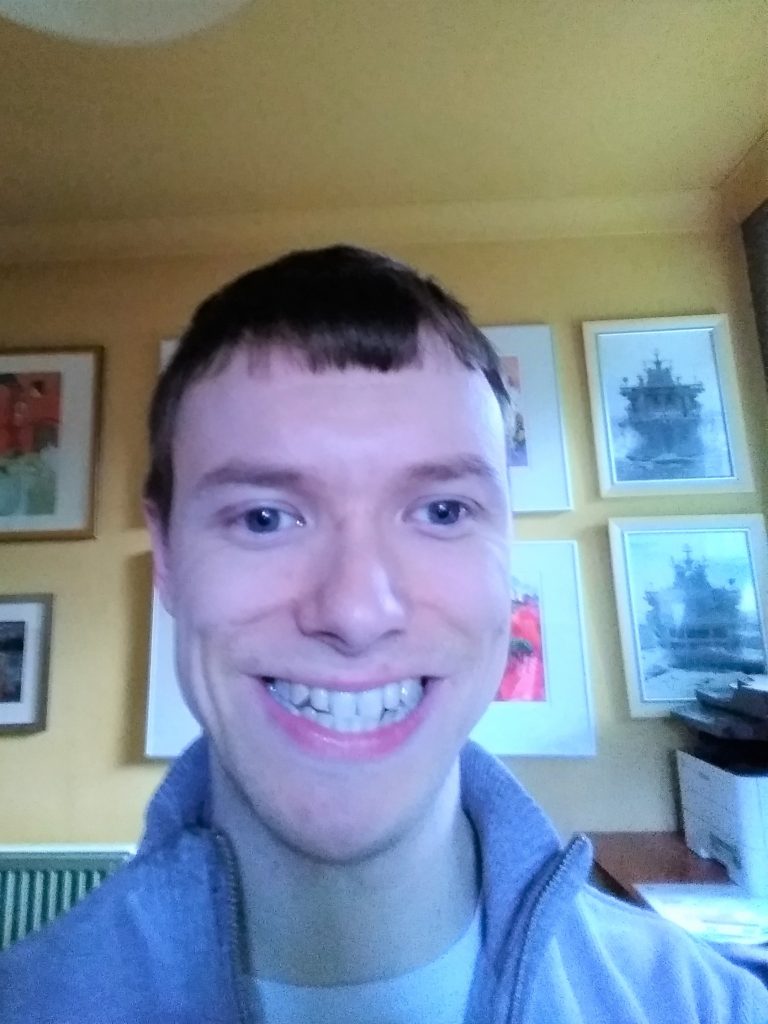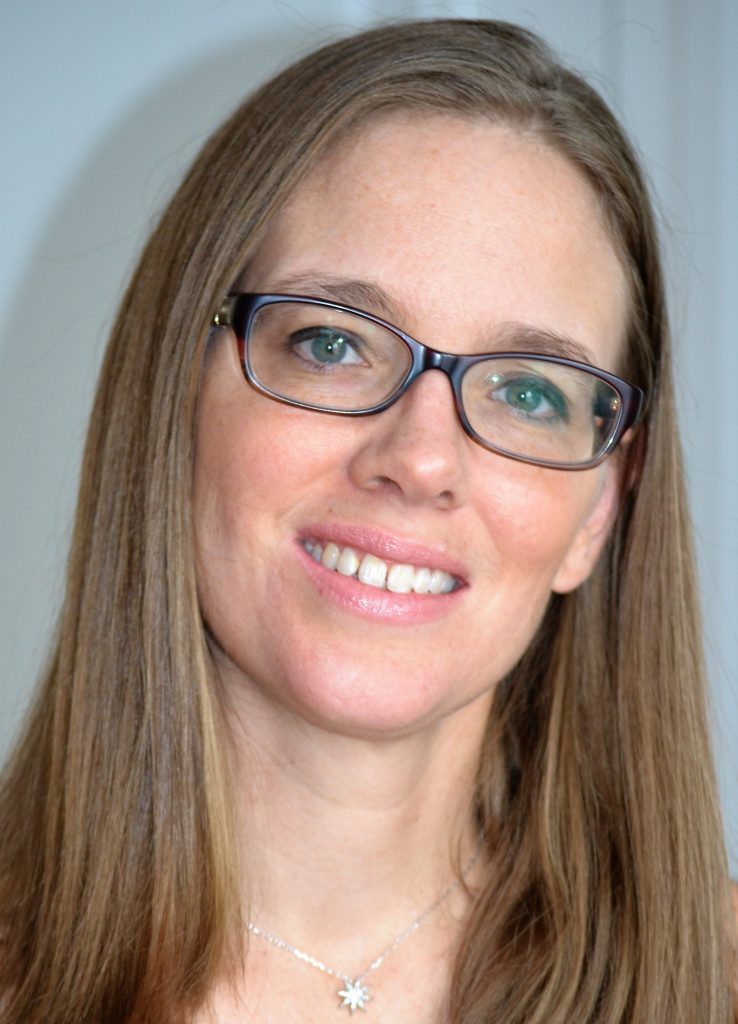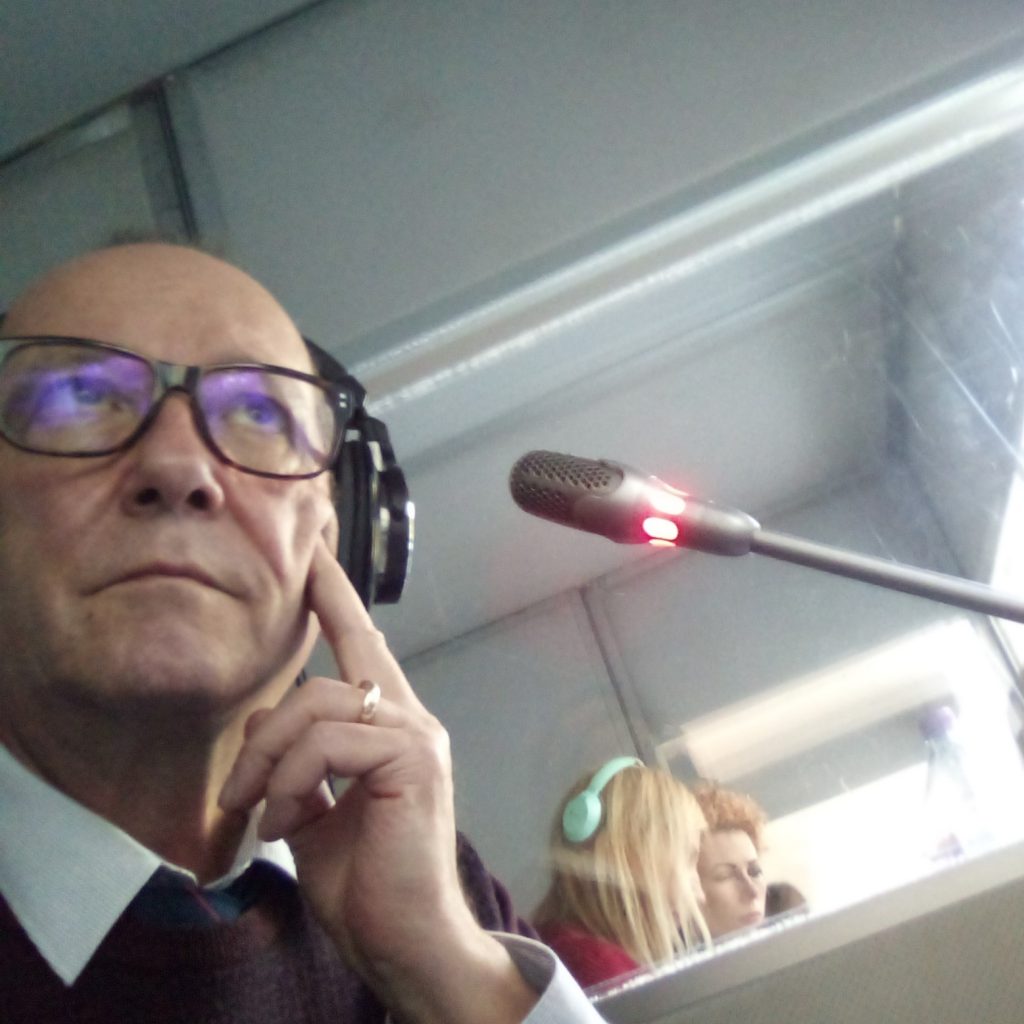
Who are you? Please introduce yourself
I was born and brought up in central Scotland, and returned home about three years ago after the best part of fifteen years away. Although I only ever spoke English at home, I was fascinated by languages from an early age, encouraged by my parents, my Polish grandfather (English was his fourth language after Polish, German and Russian), my relatives in Germany, and various teachers.
After leaving school I studied German and Russian at Oxford (while doing my best to keep my French up). I spent the early part of my year abroad in northern Germany before embarking on a five-month stint in St Petersburg that still ranks as one of the most difficult and rewarding experiences I’ve ever had. Incidentally, it was also during my year abroad that my first translations appeared in print, in a biography of Michael Schumacher.
Once I finished at Oxford, I decided to spend another year in academia to pursue my passion for history and enrolled in a master’s course at St Andrews. Predictably given my background and language skills, I specialised in the area Germans call ‘Mitteleuropa’ – roughly the space between Germany and Russia – and won plenty of brownie points from my tutors for my ability to read and translate archive sources myself.
I seriously considered staying on to do a PhD, but it became clear fairly early on that no-one was going to give me any more money to study, so I had to get a job in something approaching the real world. This realisation prompted me to join the civil service in 2010 where, logically enough, I spent the first three years of my career working on Afghanistan. After a couple of years I transferred into a role where I could make more use of my language skills, and I spent my last four years in the Whitehall bubble effectively working as a full-time linguist. In 2017 I decided I’d had enough of London and, after a fabulous month at language school in Toulouse, I came back over Hadrian’s wall to start my degree in interpreting and translation at Heriot-Watt. Going back to university in my 30s wasn’t easy, but I don’t regret it for a moment!
Do you translate, interpret, or both? What are your areas of specialism?
I am qualified as an interpreter and I love interpreting, but a combination of personal circumstances and the coronavirus pandemic has made it difficult for me to gain professional experience since I graduated. I hope to put this right after the pandemic, but for the time being I am primarily a translator. I also offer transcription, proofreading, and editing.
Like most translators early in their careers, I took on a very wide range of projects to being with, but my main specialist areas are sports translation (specifically football and motorsports), certain types of legal documents, and corporate/business correspondence. Company diversity policies are a particular favourite, as I have a lot of experience advising various organisations on disability-related issues. As you might expect from an ex-bureaucrat, I also do a good line in government/official paperwork and anything to do with politics or current affairs.
Why did you decide to get into translation or interpreting?
It was always an ambition of mine to get into translation and/or interpreting. At the risk of showing my age, I think my first real contact with either profession was watching Channel 4’s coverage of Italian football in the UK in the 1990s, and seeing James Richardson conducting interviews in Italian. I thought, ‘that looks like fun – I wonder if I could do that?’. As I went through school and university I discovered I was actually good at languages, and after a few years in London I decided I wanted the flexibility of being self-employed, so setting up as a professional linguist was a logical move.
What’s your favourite type of project?
There’s nothing better than being paid to work on material you would be reading in your spare time anyway, and my sports translation work gives me the opportunity to do that. I’ve been watching football and various categories of motorsport for over 30 years (I haven’t missed a Formula 1 race since 1989), but there is always more to learn, and if I can get paid for that learning, so much the better. I find my legal work absolutely fascinating too. As a linguist with an interest in the law rather than a lawyer-linguist, I am conscious that I have a lot to learn in that area, and the more work I do, the more I discover.
What do you do outside of translation or interpreting?
As you would expect, I watch a lot of sport. I also love to travel, and in a normal year I’d have made at least one trip to continental Europe by now – I have a long and growing itinerary in my head for a post-Covid Grand Tour! I read a lot, especially history and other non-fiction, and I love music of all kinds. I was a regular concert-goer before Scotland went into lockdown and I am keeping everything crossed that concert venues will be able to re-open soon. CDs and vinyl are great, but there is nothing quite like a live performance.



